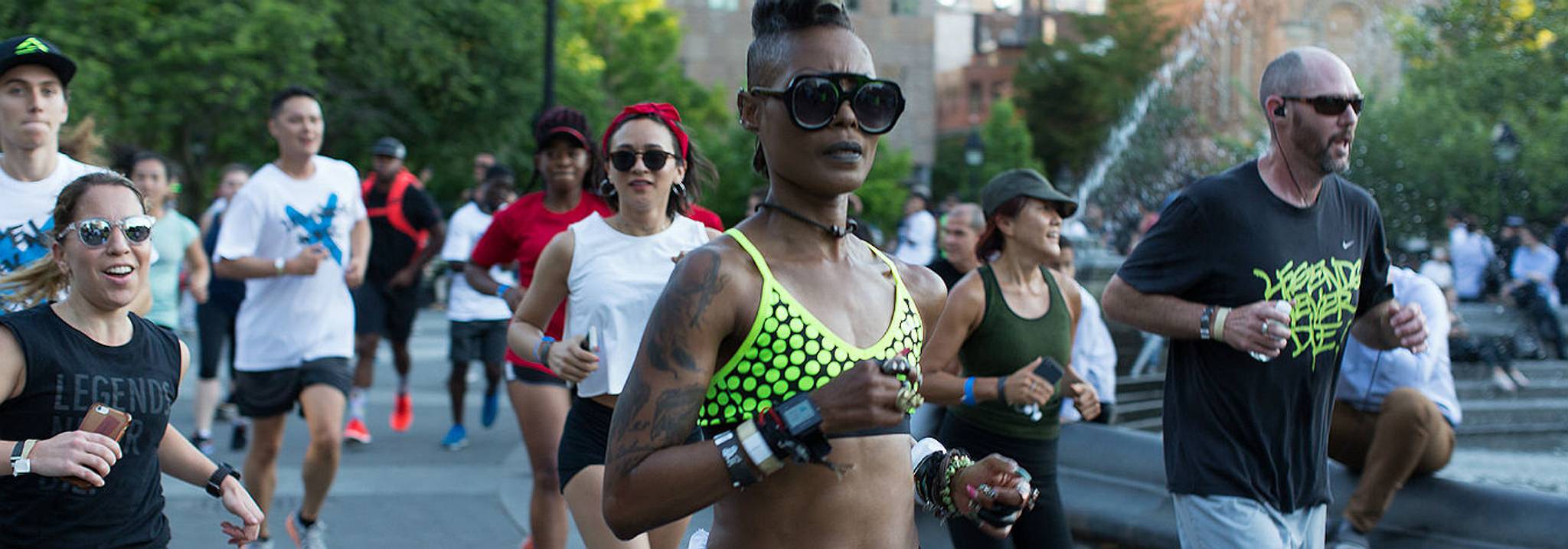
There are plenty of addictions that everyone knows are bad. But what if you’re addicted to staying healthy, rather than binge boozing and cigarettes? When does a ‘good’ habit – like exercising – turn into an addiction? As medal-winning Olympians talk in the press about years of dedicated training, and the sacrifices they’ve made to reach the pinnacle of their sport, they’re widely regarded as aspirational super-humans. But can you have too much of a good thing?
While regular exercise is proven to increase life expectancy and boost mood through the release of dopamine and endorphins, studies have found that the ‘high’ people experience after a workout can be as habit-forming as alcohol, and other drugs. A study by Karin Jongsma, a bioethicist at the University Medical Centre of Göttingen in Germany, has shown that sports addicts share many traits with other addicts; they harm their bodies, put themselves at risk of disease and injury, and become psychologically dependant on their habits. In turn, these habits can be linked to numerous negative effects, including depression and anxiety.

Not to mention the fact that there are now more tools than ever that can enable addictive behaviour. There are over 100,000 apps dedicated to health, and a plethora of gadgets that are democratising habit-forming tech; 69% of US adults are now using them to track at least one health metric. But are these tools offering a healthy way to stay as healthy as possible? Or simply exacerbating the backlash?
And tracking doesn’t just have the potential to make exercise more addictive; it can also potentially make it less fun. “If you’re doing something for fun, you don’t really pay attention to how much of it you’re doing,” says Dr. Jordan Etkin, professor of Marketing at Duke University and author of The Hidden Cost of Personal Quantification. “That’s why, when you start drawing people’s attention to the quantification, it makes the activity feel more like work.” It may be impossible to know how many Olympians have crossed into fun-free ‘addiction’ at Rio 2016, but for mere FitBit-toting mortals, the distinction may be easier to spot; psychologist William Glasse offers up a checklist of six criteria to ensure you’re still on the ‘positive’ side of addiction.
Discover more insights like this by signing up to the Canvas8 Library.
Kat Morrisby is a senior analyst at Canvas8. She’s worked with academics, semioticians and anthropologists for household brands like EE, Kingsmill and Kellogg’s, and has helped shape new fundraising events and campaigns for leading charities like Cancer Research UK & Scope.